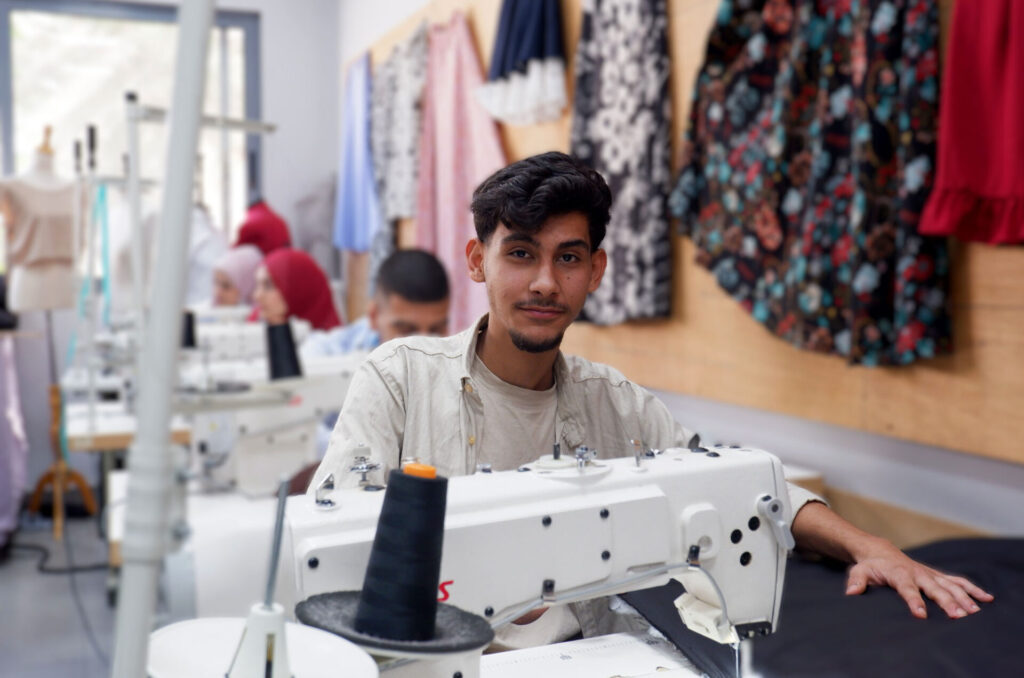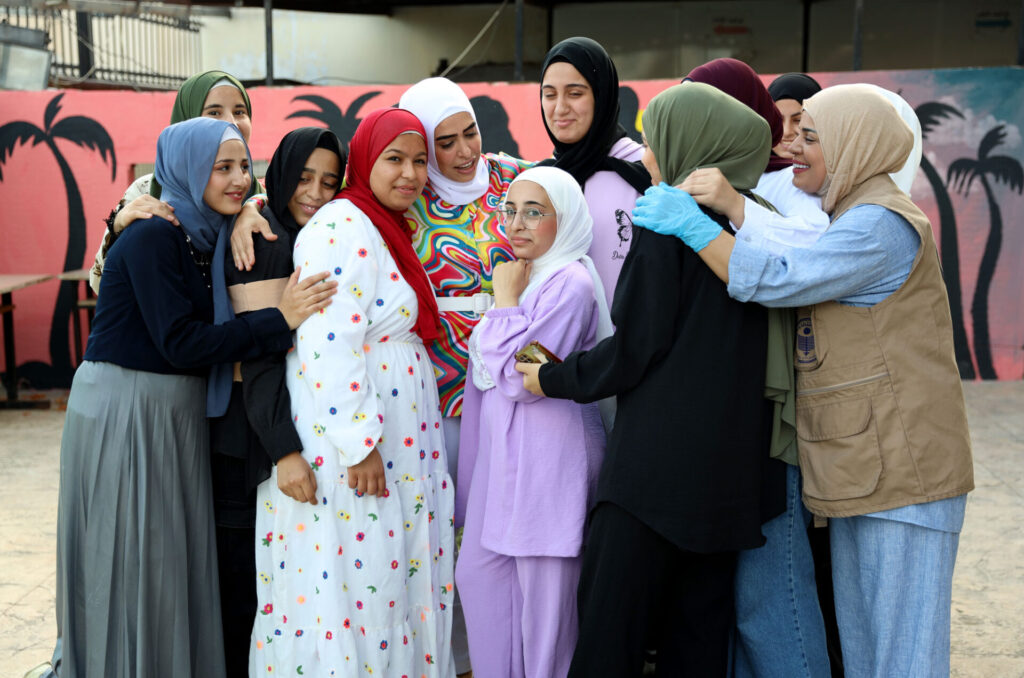Dec, 2007
Anera, along with local and international groups, is responding to the destruction and damage Lebanon sustained during the war in the summer of 2006.
People in Lebanon suffered considerably and the impact continues to be felt across the country, especially in the south, southern Beirut and parts of the Bekaa Valley. More than 1,200 people died and thousands were wounded during the war while dozens more have been injured by unexploded ordinances since the ceasefire. Approximately 30,000 homes and shops were destroyed as well as 92 bridges. Civilian infrastructure–ports, airports, television stations, electrical plants, factories, markets, farms, villages, homes–sustained significant damage amounting to $3.6 billion.
To help alleviate the suffering, damage and financial burden resulting from the conflict, Anera is implementing the SABR program-Southern Agricultural and Business Recovery-with a generous $4.2 million grant from OFDA (Office of Foreign Disaster Assistance, USAID).
Partnered with the Association for the Development of Rural Capacities (ADR) and Development Innovations Group (DIG), Anera will help farmers and small enterprises reactivate their businesses, enable young people to become active participants in the local economy, and repair essential infrastructure so people can resume their lives and economic activities.
War in Lebanon affects agriculture, fishing
Lebanon is not only combating the damages incurred during the conflict, but also the post-conflict impact of the sea blockade and the ongoing threat posed by unexploded ordinances. Agriculture and fishing are two of the main sources of income in these regions.
“With many agricultural areas, equipment and harvests destroyed and possibly contaminated, these individuals and businesses face a significant challenge to return to business,” said Ali Ezzedine, Vice President of ADR. “The southern lowland plains is one of the principal areas where citrus, bananas, vegetables and subtropical fruits are grown,” he explained. “Rural areas in the South are dependent on local produce for the winter, and those crops were ruined by the fighting.”
ADR has been engaged in microfinance, agriculture, social development and vocational training projects in southern Lebanon since 1998. Anera is working the ADR network on the SABR project, which should reach more than 45,000 people during the more than six month period. Small grants of $500 to $2,000 will go to 2,100 individual farmers, fishermen and small enterprises. Larger grants will be distributed to four active agricultural cooperatives. The program’s 32 vocational training courses are expected to empower and educate more than 400 entrepreneurs in business management, food processing, marketing, hygiene, soil fertility, aromatic plants, construction and more.


